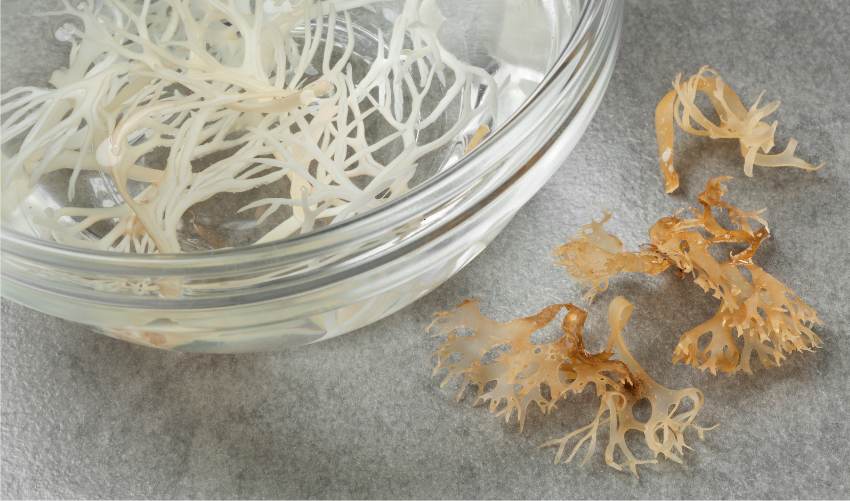When it comes to soft drinks, Sprite is a popular choice among kids. Its crisp taste and refreshing bubbles can be tempting, but have you ever wondered whether it’s actually good for them?
This guide you’ll discover what makes this fizzy drink appealing, as well as the potential health effects you should be aware of.
Understanding Sprite: What’s Really In This Lemon-lime Soda?
Parents often wonder, “Is Sprite good or bad for kids?” Understanding Sprite helps parents make informed choices. What’s really in this drink?
Sprite is primarily made with a few key ingredients. Here’s a breakdown:
| Ingredient | Description |
|---|---|
| High Fructose Corn Syrup or Sugar | Provides high sugar content, offering empty calories. |
| Artificial Flavors | Contains artificial lemon-lime flavoring, contributing to taste. |
| Carbonated Water | Provides the characteristic fizz but offers no nutritional value. |
The nutritional profile shows zero nutritional value. Sprite lacks vitamins, minerals, protein, or fiber. It offers only sugar calories, which is not ideal for kids.
The “Clear Soda” Misconception
Many people believe that clear sodas like Sprite are healthier than darker sodas. This misconception comes from its color. The clear look gives a false impression of healthiness.
Sprite contains no artificial colors, which adds to this belief. Parents may think it is a better choice for their kids. However, the sugar load is still significant.
- Sprite has about 38 grams of sugar per 12-ounce can.
- This high sugar content can lead to various health issues.
- Parents should be aware of the empty calories provided.
Despite its caffeine-free status, other concerns persist. Sprite does not provide any health benefits. Kids may prefer its taste, but understanding the ingredients is crucial.
Perceived “Benefits” And Common Uses For Kids
Sprite is often seen as a go-to drink for upset stomachs. Many believe the carbonation helps soothe nausea. However, this idea is more of a myth than a reality. Here are some key points to consider:
- Common Home Remedy: Sprite is a popular choice among parents.
- Often given for nausea: Its fizziness and light flavor seem comforting.
- Lack of Scientific Evidence: No scientific proof supports soda as an effective remedy for digestive issues.
- Potential Dehydration: High sugar can worsen dehydration, especially during vomiting or diarrhea.
The carbonation can provide a fleeting feeling of refreshment. However, it does not address the root cause of the upset stomach. The sugary content can lead to more issues.
| Benefit | Reality |
|---|---|
| Settles stomach | Temporary relief, not a cure |
| Comforting taste | May mask symptoms |
| Hydration | Can worsen dehydration |
In summary, while Sprite may seem helpful for an upset stomach, it lacks true medicinal benefits. Parents should consider other remedies or consult a doctor when needed.

“Hydration” And Taste Appeal
Many kids love the taste of Sprite. Its sweet, bubbly flavor is very appealing. Parents might think it’s a good way to keep kids hydrated. However, this belief can be misleading.
- Palatable Flavor: Kids are often drawn to its sweet-bubbly taste.
- Temporary Thirst Quencher: The carbonation can provide a fleeting feeling of refreshment.
- Misleading Hydration: Sugary drinks are not effective for true hydration.
- Can contribute to sugar crashes: High sugar levels lead to quick energy loss.
Sprite can seem refreshing, especially on hot days. However, it does not replace water or other hydrating drinks. True hydration comes from fluids without added sugars.
Major Health Concerns Of Sprite For Children
Major health concerns exist related to Sprite consumption in kids. These include high sugar content, artificial ingredients, and acidity levels.
High Sugar Content & Its Immediate Effects
Sprite contains a significant amount of sugar. One 12-ounce can of Sprite has about 38 grams of sugar. This high sugar content raises several health concerns:
- Dental Caries (Cavities): Frequent consumption can lead to cavities.
- Blood Sugar Spikes: Rapid increases in blood sugar can lead to energy crashes and mood swings.
- Empty Calories: Sprite contributes calories without essential nutrients, leading to poor dietary habits.
These effects can be immediate and noticeable. Children may feel a quick burst of energy after drinking Sprite. However, this is often followed by a crash, leaving them tired and irritable. This cycle can affect their mood and behavior throughout the day.
Artificial Ingredients And Acidity
Sprite contains various artificial ingredients. Some children may have potential sensitivities to these additives. Common reactions include headaches or stomach discomfort.
Furthermore, Sprite’s acidity is a major concern. It contains carbonic and citric acids. These acids can erode tooth enamel, leading to decay. Sugar and acidity combine to erode tooth enamel – leading to decay.
Children may also experience:
- Digestive Discomfort: The carbonation can cause bloating, gas, and stomach upset in some children.
- Enamel Erosion: Regular consumption increases the risk of dental problems.
In summary, both artificial ingredients and acidity contribute to health risks. Parents should monitor Sprite intake to protect their children’s health.
Long-term Health Effects Of Regular Consumption
Parents should be aware of the benefits and concerns related to sugary drinks. Knowing the long-term effects can help in making informed choices for kids’ health.
Risk Of Weight Gain & Obesity
Sprite contains high levels of sugar. Regular consumption can lead to excess calorie intake. This is a primary concern for children. Sugary drinks are a major contributor to surplus calorie consumption.
- High sugar content in Sprite can cause weight gain.
- Children may choose sugary drinks over healthier options.
- Increased fat storage occurs as excess sugar is converted to fat.
This data shows how quickly calorie intake can add up. Children consuming Sprite regularly may face a risk of obesity. Obesity can lead to various health issues, including diabetes and heart problems.
Increased Risk Of Chronic Diseases
Regular high sugar intake significantly increases the risk of chronic diseases. Type 2 diabetes is a major concern. Insulin resistance develops over time due to excessive sugar. This condition is linked to obesity and poor diet.
Heart health issues also arise from regular consumption of sugary drinks. These drinks can contribute to unhealthy cholesterol levels. They increase the risk of cardiovascular problems later in life.
- Type 2 Diabetes: Affects blood sugar levels and overall health.
- Heart Health Issues: Linked to increased cholesterol and blood pressure.
- Bone Health Concerns: High sugar intake can negatively impact calcium absorption and bone density.
Children consuming Sprite may face long-term health risks. Understanding these risks helps in making better dietary choices.





Leave a Reply